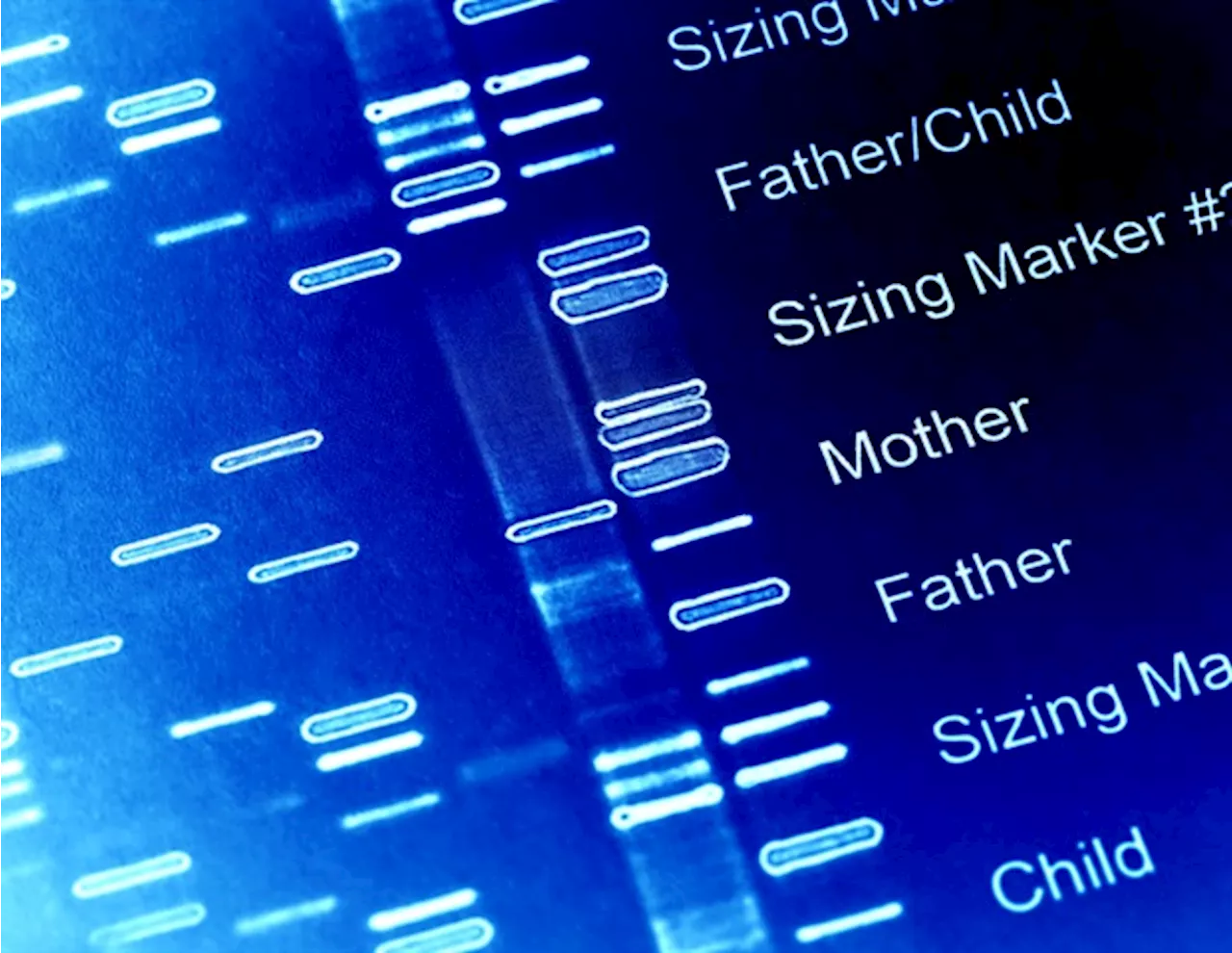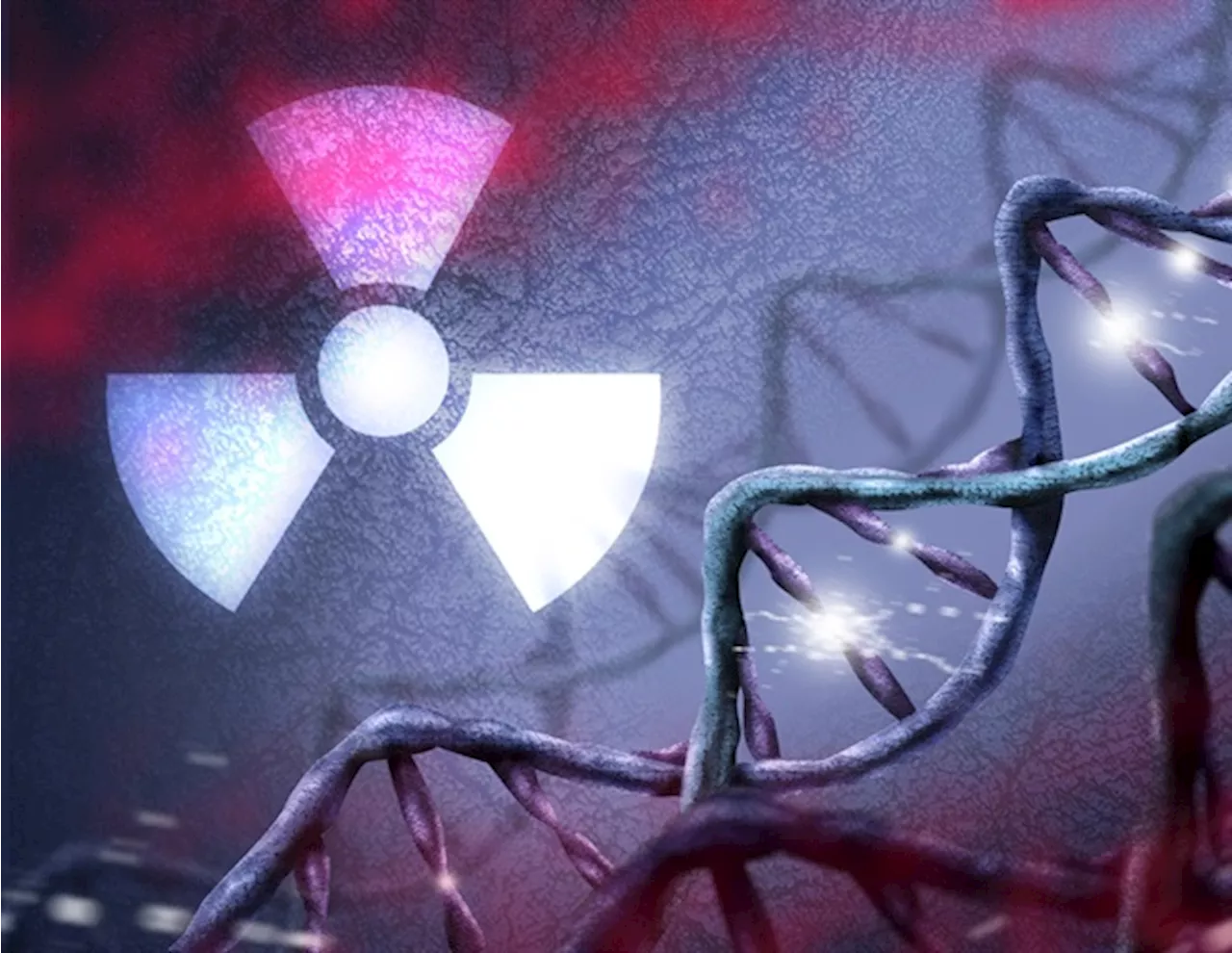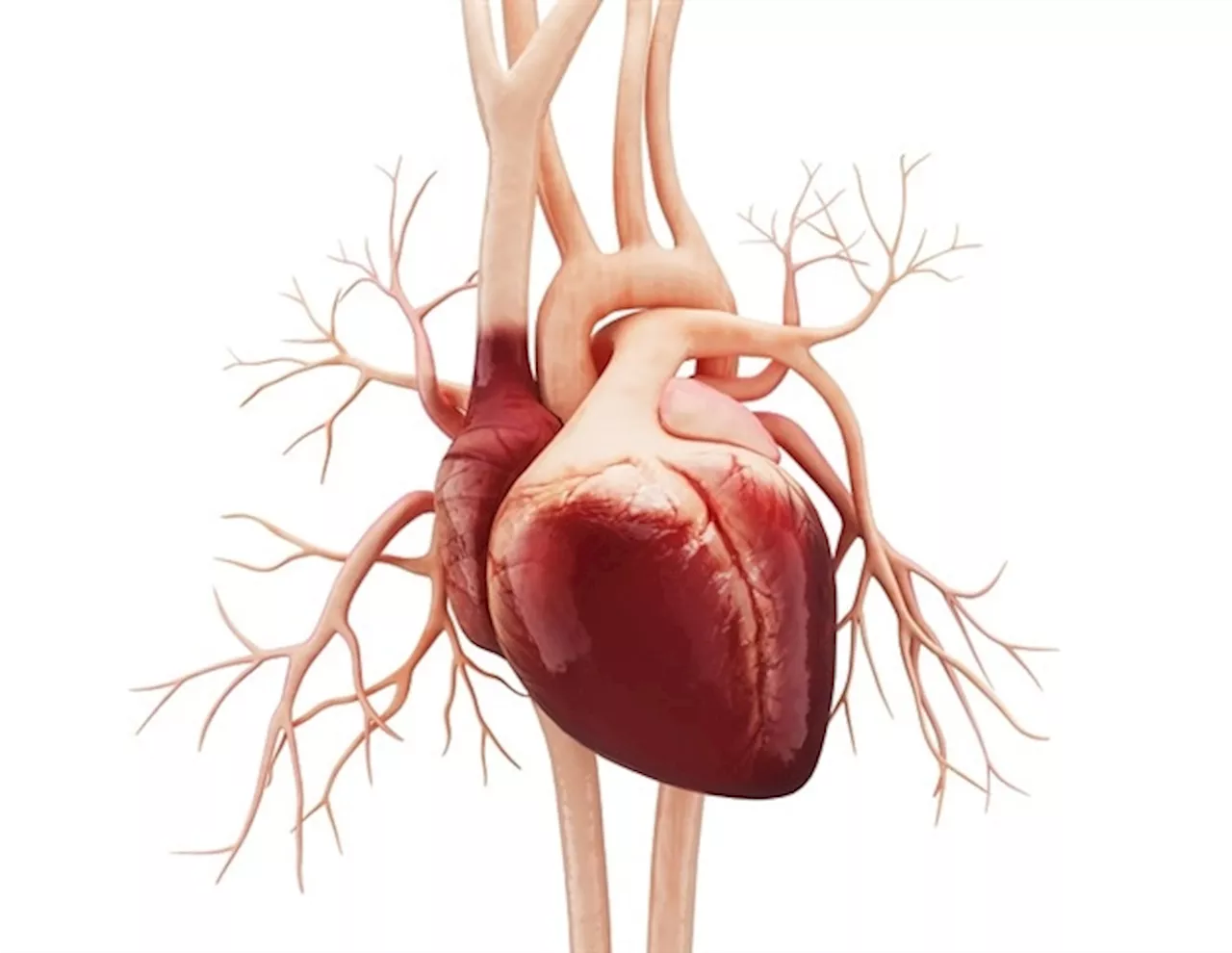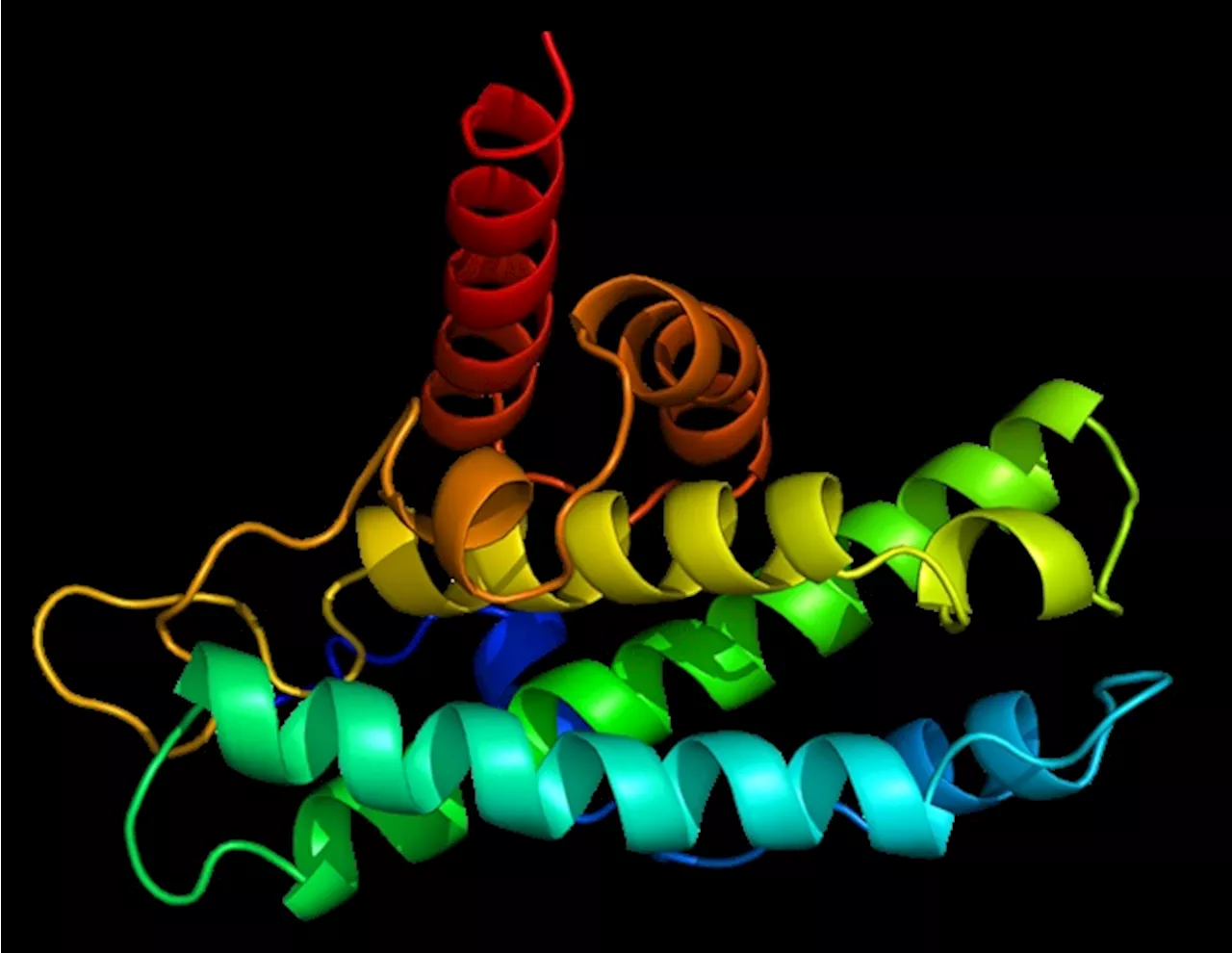UCLA scientists have identified the protein GPNMB as a critical regulator in the heart's healing process after a heart attack.
University of California - Los Angeles Health SciencesOct 25 2024 Findings UCLA scientists have identified the protein GPNMB as a critical regulator in the heart's healing process after a heart attack .
Background Every 40 seconds, someone in the United States has a heart attack -; the leading cause of heart failure. These cardiac events weaken the heart and cause scarring that reduces the heart's ability to pump blood effectively. And while this scar tissue forms initially to maintain the heart's structure, it remains permanently, straining the surviving muscle and eventually leading to heart failure.
Method Utilizing mouse models, the researchers first established that GPNMB is not natively expressed by the heart itself but is produced by inflammatory cells originating from the bone marrow. After a heart attack, these macrophages travel to the site of injury in the heart, where they express GPNMB.
Related StoriesIn addition to identifying GPNMB as a signaling molecule with effects across various cell types, the researchers uncovered that it binds to GPR39, previously considered an orphan receptor, or a receptor whose binding partner is not known. This interaction triggers a cascade of signals that promote tissue regeneration and limit scarring.
Protein Blood Bone Bone Marrow Cell Gene Heart Attack Heart Failure Medicine Muscle Receptor Research Scar
United Kingdom Latest News, United Kingdom Headlines
Similar News:You can also read news stories similar to this one that we have collected from other news sources.
 UCLA develops CORE score to assess surgical mortality riskA UCLA research team has created the Comorbid Operative Risk Evaluation (CORE) score to better account for the role chronic illness plays in patient's risk of mortality after operation, allowing surgeons to adjust to patients' pre-existing conditions and more easily determine mortality risk.
UCLA develops CORE score to assess surgical mortality riskA UCLA research team has created the Comorbid Operative Risk Evaluation (CORE) score to better account for the role chronic illness plays in patient's risk of mortality after operation, allowing surgeons to adjust to patients' pre-existing conditions and more easily determine mortality risk.
Read more »
 UCLA study reveals key signs for genetic testing in neurodevelopment disordersIn a new study, UCLA Health researchers have found that motor delay and low muscle tone were common signs of an underlying genetic diagnosis in children with neurodevelopment disorders.
UCLA study reveals key signs for genetic testing in neurodevelopment disordersIn a new study, UCLA Health researchers have found that motor delay and low muscle tone were common signs of an underlying genetic diagnosis in children with neurodevelopment disorders.
Read more »
 UCLA Health researchers showcase advances in radiation oncology at ASTROUCLA Health Jonsson Comprehensive Cancer Center researchers and physicians who specialize in treating patients with radiation therapies will present data on the latest radiation oncology research and clinical trial results at the 66th annual American Society for Radiation Oncology (ASTRO) meeting in Washington D.C., Sept. 29 to Oct. 2.
UCLA Health researchers showcase advances in radiation oncology at ASTROUCLA Health Jonsson Comprehensive Cancer Center researchers and physicians who specialize in treating patients with radiation therapies will present data on the latest radiation oncology research and clinical trial results at the 66th annual American Society for Radiation Oncology (ASTRO) meeting in Washington D.C., Sept. 29 to Oct. 2.
Read more »
 Researchers suggest motor delay and low muscle tone may indicate genetic disordersIn a new study, UCLA Health researchers have found that motor delay and low muscle tone were common signs of an underlying genetic diagnosis in children with neurodevelopment disorders.
Researchers suggest motor delay and low muscle tone may indicate genetic disordersIn a new study, UCLA Health researchers have found that motor delay and low muscle tone were common signs of an underlying genetic diagnosis in children with neurodevelopment disorders.
Read more »
 First map of DNA modification in the hippocampus and prefrontal cortex createdA UCLA-led study has provided an unprecedented look at how gene regulation evolves during human brain development, showing how the 3D structure of chromatin -; DNA and proteins -; plays a critical role.
First map of DNA modification in the hippocampus and prefrontal cortex createdA UCLA-led study has provided an unprecedented look at how gene regulation evolves during human brain development, showing how the 3D structure of chromatin -; DNA and proteins -; plays a critical role.
Read more »
 Researchers develop first-of-its-kind therapy to enhance heart repair after a heart attackScientists at the Eli and Edythe Broad Center of Regenerative Medicine and Stem Cell Research at UCLA have developed a first-of-its-kind experimental therapy that has the potential to enhance heart repair following a heart attack, preventing the onset of heart failure.
Researchers develop first-of-its-kind therapy to enhance heart repair after a heart attackScientists at the Eli and Edythe Broad Center of Regenerative Medicine and Stem Cell Research at UCLA have developed a first-of-its-kind experimental therapy that has the potential to enhance heart repair following a heart attack, preventing the onset of heart failure.
Read more »
